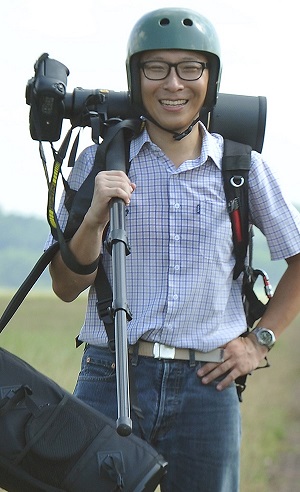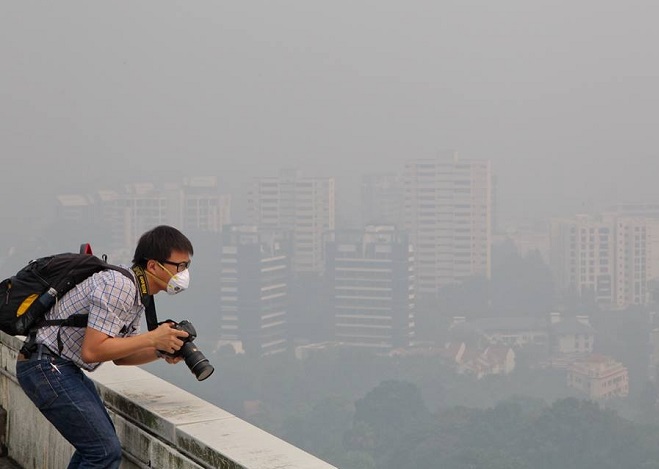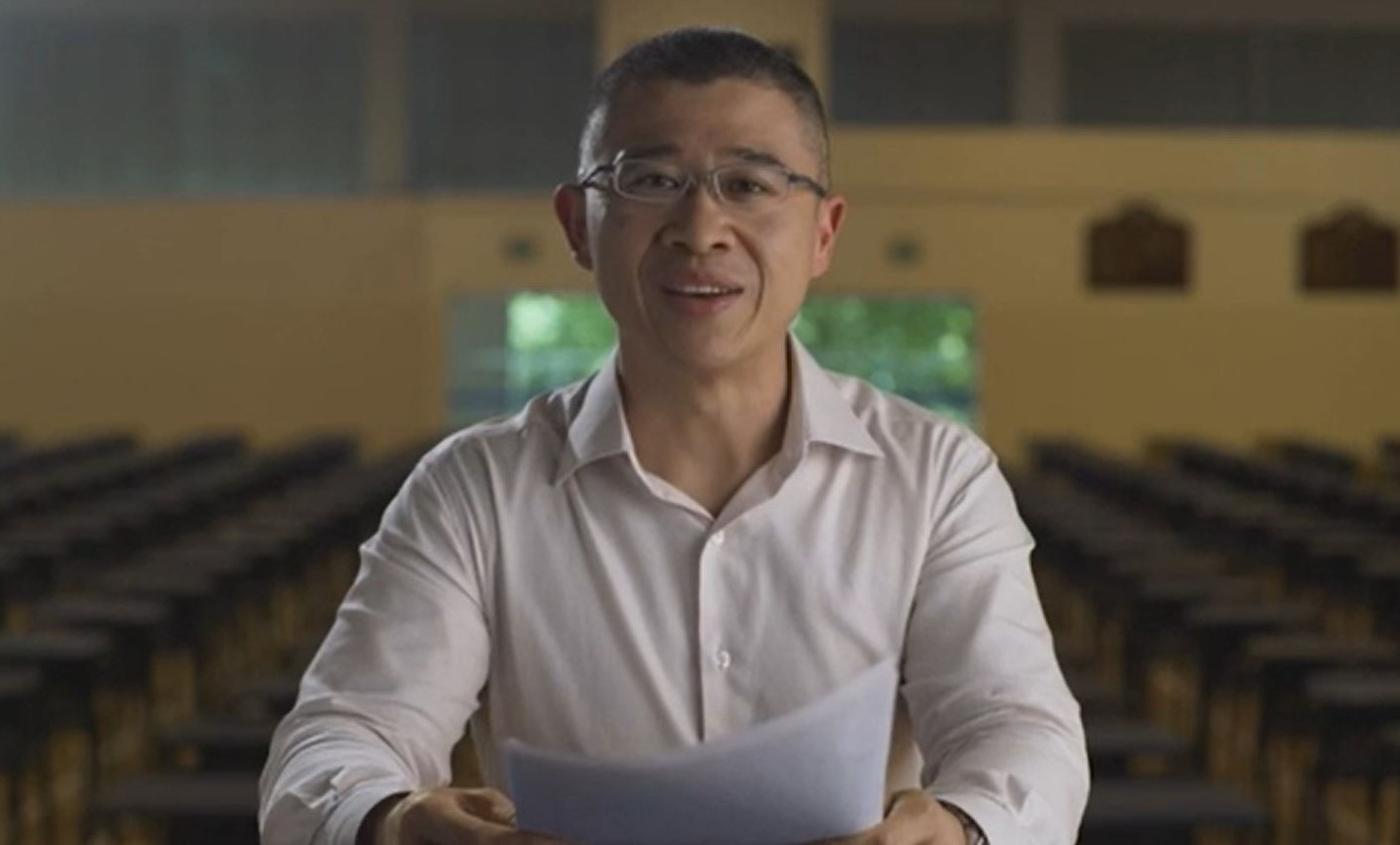
The path to success is rarely straight. Take it from Mr Alphonsus Chern. You see his name in the papers almost every day: He’s an award-winning photojournalist with The Straits Times, best known for his photo essays on the training regimens of Singapore’s Air Force and Navy.
What you don’t know is that he didn’t always want to be a photographer. As a child, he enjoyed music and thought he might become a pianist, but the relentless practice and examinations put him off.
In school, he fell in love with chemistry, but poor grades in other subjects disqualified him from pursuing a degree in it.
He enrolled in a polytechnic to study sound engineering, but became enthused by film production in the process. After finishing at the top of his class, however, he realised that he wasn’t actually that keen on film, because he worked best on his own.
Finally, in his second year at the Wee Kim Wee School of Communications and Information, he discovered photojournalism, and everything clicked. He worked hard, joined Singapore’s national broadsheet upon graduation. It’s been eight years, and he hasn’t looked back once.
He has five lessons to offer students who’re not sure in their paths:
1. Understand what drives you
Alphonsus always knew he was a hands-on guy, and he found joy in experimentation and adventure.
It is why he was interested in chemistry – as a teenager, he loved recreating laboratory tests in his home. He describes it as “adding this to this, to get something else. It’s raw power…”
It is also why he took readily to film production in polytechnic. It was taught in a very practical way that was fun and easy to absorb.
And this trait continues to influence the kinds of stories he pitches in the newsroom. For his prize-winning piece on The Black Knights – the Air Force’s aerobatics team – he did the same rigorous simulations that fighter pilots go through. And to get the shots of the flying jets, he was photographing them from the open rear-ramp of another aircraft in flight. “I’m a sucker for a challenge,” he says.
2. Talk to people to learn more options
When he didn’t do well enough at his A-levels to study chemistry at the National University of Singapore, he was initially lost. “After National Service, I had nothing to do and nowhere to go,” he says.
He took a job as a bank clerk to buy time while he figured out his next move. Since I’m going to be a drop-out, he thought.
I might as well do what drop-outs do, which is music.
He approached the late musical maestro Mr Iskandar Ismail for a job at his studio. “It was really fortuitious,” he says. “I gave him a list of what I thought were the best music schools, but he recommended Ngee Ann Polytechnic instead.”
3. Don’t choose a career based on your grades
Alphonsus did very well at Ngee Ann studying Film, Sound & Video. Fuelled by a newfound interest in his studies, and a desire to make good after his earlier educational setbacks, he rose to the top of his class, finally qualifying for university.
In spite of that, the experience made him realise that film wasn’t his thing: “I did not like working in a crew environment. I’m more comfortable working alone.”
His unusual route to his diploma meant he was already four older than the rest of his cohort, thus “behind”. But he was still prepared to walk away from it all, because he knew there was no point settling on something if he did not enjoy it.
4. New experiences may be more useful than you think
His film/sound experience wasn’t wasted, though. They laid the foundation for his subsequent photographic pursuits. While in Communications Studies, Alphonsus found himself drawn to photojournalism because they allowed him to head outdoors and work on his own projects. And he was already familiar with his tools.
He remembers the Going Overseas for Advanced Reporting (GO-FAR) programme fondly. It was an experiential learning programme which, in the year he took it, involved fieldwork in remote villages in Laos.
It cemented his decision to stick to photojournalism. “I learned how to make contacts, plan what to do, and identify stories. I did as much as I could and ramped up very quickly. It was so fun.”
He even learned to relish writing. Despite having no prior experience in writing and editing stories, he took over the role of editor of the campus newspaper. It helped him develop a nose for story angles, which he would find useful in his career.
5. It’s worth taking time to find your passion
Looking back on his journey, Alphonsus has this advice for teenagers: “Not everybody knows at that age what they’re going to do or where they’re going to go. Don’t be worried if you don’t have a clear vision.”
“I’m a late bloomer, and I’m not shy to admit that… Some people peak earlier than others. It’s perfectly okay to go with the flow while you discover yourself and your interests.
“And when you find something you really like, or that you’re good at, go for it. Because you have to like what you do, in order to be good at what you’re doing.”






-(1).jpg)